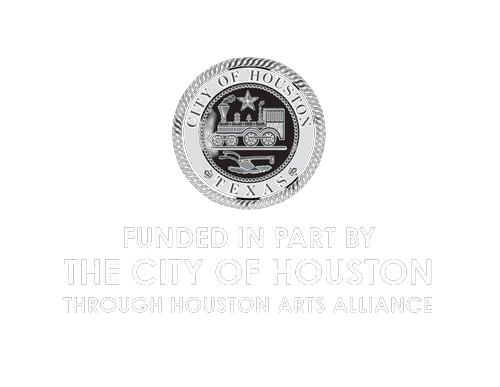Join us for our final event this season featuring Shulamit Ran’s Third String Quartet, “Glitter, Doom, Shards, Memory." Building on our video release in May, this event features all four movements of the quartet, along with reflections on the Holocaust, its effects on the modern world, and the importance and transformative power of art.
We go live on YouTube at 7:30pm on Wednesday, July 31!
Click here for the premiere!
Work overview:
Ran’s string quartet was commissioned by the Pacifica Quartet and was premiered in 2014. Each movement of the work examines an aspect of humanity in the face of life’s most devastating trauma, and the power of art during those times. We are thankful to have the opportunity to record and share this piece as a way to continue these conversations in our communities, and to inform those conversations with reflection and history.
About this piece, Ran said:
“…this is my way of saying, ‘Do not forget,’ something that I believe can be done through music with special power and poignancy.”
Notes from the composer:
“The individual titles of the quartet’s four movements give an indication of some of the emotional strands this work explores.
1) “That which happened” (das was geschah) – is how the poet Paul Celan referred to the Shoah – the Holocaust. These simple words served for me, in the first movement, as a metaphor for the way in which an “ordinary” life, with its daily flow and its sense of sweet normalcy, was shockingly, inhumanely, inexplicably shattered.
2) “Menace” is a shorter movement, mimicking a Scherzo. It is also machine-like, incessant, with an occasional, recurring, waltz-like little tune – perhaps the chilling grimace we recognize from the executioner’s guillotine mask. Like the death machine it alludes to, it gathers momentum as it goes, and is unstoppable.
3) “If I must perish - do not let my paintings die”; these words are by Felix Nussbaum who, knowing what was ahead, nonetheless continued painting till his death in Auschwitz in 1944. If the heart of the first movement is the shuddering interruption of life as we know it, the third movement tries to capture something of what I can only imagine to be the conflicting states of mind that would have made it possible, and essential, to continue to live and practice one’s art – bearing witness to the events. Creating must have been, for Nussbaum and for so many others, a way of maintaining sanity, both a struggle and a catharsis – an act of defiance and salvation all at the same time.
4) “Shards, Memory” is a direct reference to my quartet’s title. Only shards are left. And memory. The memory is of things large and small, of unspeakable tragedy, but also of the song and the dance, the smile, the hopes. All things human. As we remember, in the face of death’s silence, we restore dignity to those who are gone.
—Shulamit Ran
Resources for Consideration
This resource list is not meant to serve as a definitive list of resources but as a starting place of things that we found interesting. We welcome you to let us know if anything you find particularly resonates or sparks interest or if you find anything that you disagree with and feel that should be removed. Additionally, we welcome additional recommendations to add to the list. This can serve as a living document. We want to here from you because this is a topic we hope to continue to explore musically this upcoming season.
Please email us your thoughts at info@loop38.org.
Musical Resources
Shulamit Ran’s Program Notes for Glitter, Doom, Shards, Memory (Link)
West Eastern Divan Orchestra (Official Website, Overview Video)
Digging Deeper: Felix Nussbaum
Traces of Escape and Persecution (Google Arts and Culture Story, Created by Björn Schmidt)
Felix Nussbaum - The Holocaust Artist (by the Blind Dweller) (YouTube)
Felix Nussbaum Haus (Official Website)
Historical background on the conflict between Israel and Palestine
Al Jazeera: Israel-Palestine conflict: A brief history in maps and charts (Al Jazeera)
Your Guide to Understanding the Roots of the Israel-Hamas War (Bloomberg)
Middle East Study Center: Resources for Learning about the Israel-Palestinian Conflict (Ohio State University)
The current war between Israel and Hamas
Israel-Gaza war in maps and charts: Live tracker (Al Jazeera)
Israeli-Palestinian Conflict (Global Conflict Tracker)
What Is U.S. Policy on the Israeli-Palestinian Conflict? (Global Conflict Tracker)
Presumptively Anti-Semetic: Islamophobic Tropes in the Palestine–Israel Discourse (Rutgers Law School)
My students asked if I was ‘Team Israeli’ or ‘Team Palestinian.’ Here’s what I said. (Chalkbeat)
Holocaust Remembrance Educational Resources
Texas Education Association Holocaust Remembrance Resources for Teachers (TEA)
We would like to express our deep appreciation for the City of Houston and the Houston Arts Alliance for their support in recording the string quartet and allowing us to share it with you all as part of this project. This funding allows us to accomplish our mission to build community around the creation and sharing of relevant new music.




